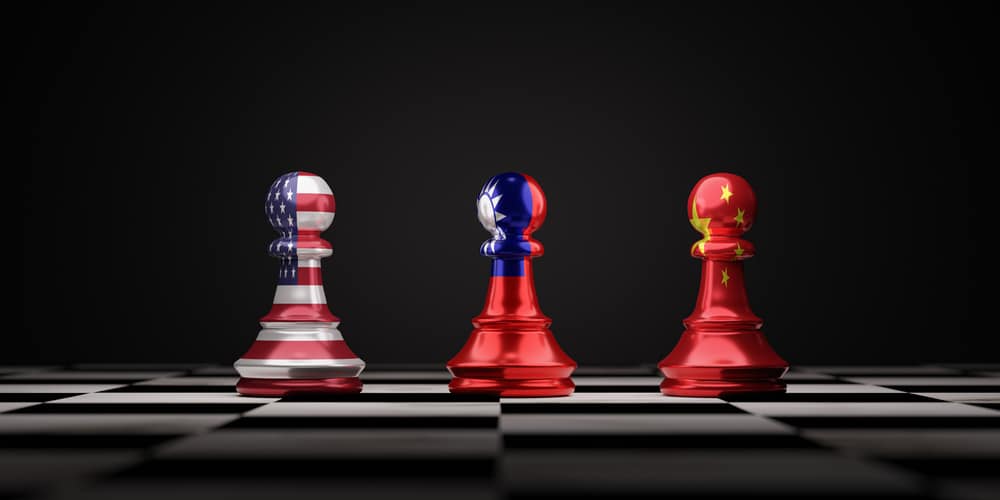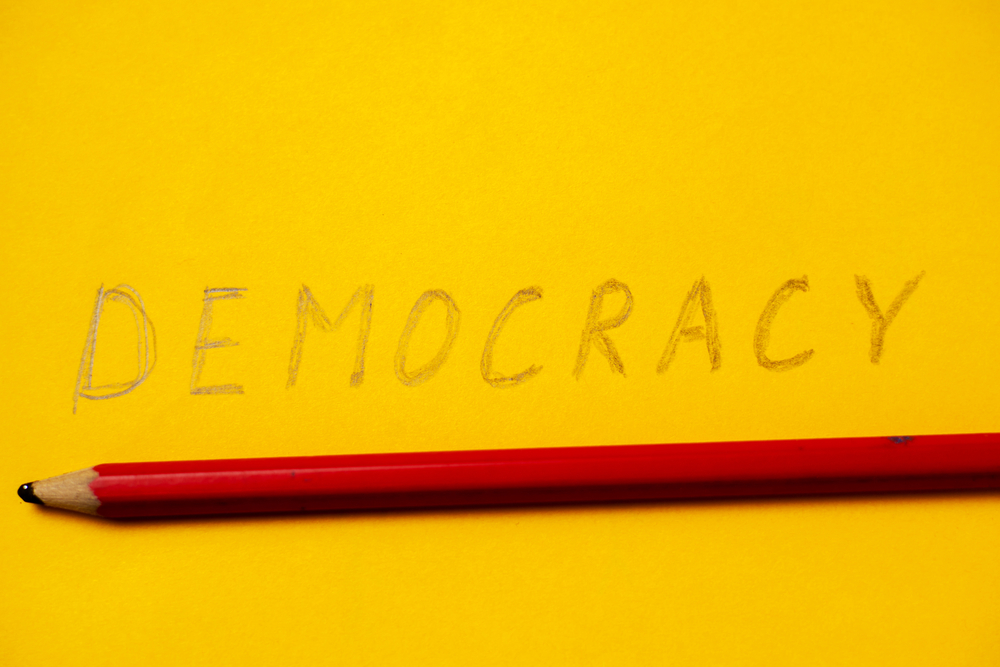On January 13, the Taiwanese returned the Democratic Progressive Party and its new leader, Lai Ching-te, to power. Lai’s winning campaign had a platform of promoting a separate identity for Taiwan and rejecting China’s territorial claims.
However, the election may not reflect the simple mandate the West projects onto Taiwan, of turning away from China and running into the arms of America.
In her new book, Russia, China and the West in the Post-Cold War Era, Suzanne Loftus cites 2021 polling that shows that only 38% of Taiwanese want independence from China. 50% support the status quo of no unification and no independence and a further 5% prefer unification with China. Recent surveys have found as high as 91.4% support for the status quo, even while 78.4% believe that Taiwan and China are not the same country.
But the relationships are even more complicated than that. Many people in Taiwan support stronger relations with the United States but don’t trust them. A 2023 survey of public perception of the U.S. in Taiwan reveals that only 33.9% of the population think the U.S. is a trustworthy country. That number was 45% just two years ago.
Much has been made of China’s observing the American response in Ukraine as a prototype for how the U.S. would react to a conflict in Taiwan. But Taiwan is watching too, and for the same reason. The New York Times reports that the U.S. decision not to send troops to Ukraine has challenged the people of Taiwan’s trust in the United States. Studies of online discussions in Taiwan, the Times reports, show increasing concern that the U.S. would not come to Taiwan’s aid. Many fear the U.S. will abandon them when it counts. The U.S. withdrawal from Afghanistan also did not help. And the memory of the American reversal of 1979, when the U.S. was seen as abandoning Taiwan in favor of relations with China, is still painful and strong.
There have been other hints recently that U.S. competition with China is not going according to plan and that China is moving in its own direction.
Part of that direction is toward Russia. The United States has failed to produce even a little daylight between China and Russia over the latter’s invasion of Ukraine. Speaking in a January 18 press conference, Russian Foreign Minister Sergey Lavrov said Russia-China relations are at their best ever. The “relations are more firm, reliable and more advanced,” he said, “than a military union in its previous Cold War-era understanding.” Lavrov said that the relationship should be a model to the world, as “In all cases, interests of Russia and China reach a common denominator after negotiations, and this is an example for resolution of any issues by any other participants of global communication.”
China has moved closer to Russia, but it has not accommodated the United States or Ukraine. On January 16, Ukrainian President Volodymyr Zelensky arrived in Davos, Switzerland for the World Economic Forum. On the schedule was a meeting attended by 83 countries to discuss Ukraine’s peace plan. China declined to attend.
Ukraine’s presidential chief of staff Andriy Yermak said that it is crucial that China be present at the table for future meetings on Ukraine’s peace formula, and Kiev was anxious to meet with Chinese officials while in Davos. Yermak had hinted that Zelensky would have the opportunity to talk to Chinese Premier Li Qiang while in Davos.
There was opportunity. But there was no meeting. Politico reports that “China’s decision not to meet with Ukrainians appeared intentional and not the result of a scheduling problem.” U.S. officials say that China explicitly rejected Ukraine’s request.
China has also surprised American plans by calming the waters of the South China Sea. The U.S. Indo-Pacific Strategy of 2022 says that America’s greatest strength in the region is its “network of security alliances and partnerships” and that it “will work with allies and partners to deepen our interoperability and develop and deploy advanced warfighting capabilities as we support them in defending their citizens and their sovereign interests.” The deterrence is aimed at China. A key country identified in the strategy is the Philippines.
In February 2023, the United States announced the completion of a deal with the Philippines that expands U.S. access to Philippine military bases. The U.S. will gain access to four more bases in addition to the five which they already have access. “With the deal,” the BBC reports, “Washington has stitched the gap in the arc of U.S. alliances stretching from South Korea and Japan in the north to Australia in the south,” encircling China.
But on January 18, China and the Philippines came to an agreement of their own. The two countries agreed to tamp down tensions. The Chinese Ministry of Foreign Affairs reportedly said that “the two sides agreed to continue to improve communication and use friendly negotiations to manage their differences at sea.” The Philippines’ Department of Foreign Affairs said, “The two sides had frank and productive discussions to de-escalate the situation in the South China Sea and both sides agreed to calmly deal with incidents, if any, through diplomacy.”
At the close of 2023, U.S. President Joe Biden and Chinese President Xi Jinping met in San Francisco to attempt to deescalate the rising tension between the two countries. Chinese officials asked Biden to make a clear, public statement after he met Xi, affirming that the United States does not support Taiwanese independence and does support China’s goal of a peaceful unification with Taiwan. “The White House,” NBC reports, “rejected the Chinese request.”
Meanwhile, in Taiwan, Lai—who lost his party’s majority government with the support of 40% of voters compared to over 50% in the last election—promised to maintain the status quo with China, adding that “Taiwan is already a sovereign and independent country, and there is no need to declare independence.”
From Taiwan to Ukraine to the South China Sea, the American relationship with China is more complicated than the Western media often projects, and its plans do not always unfold as written without challenging influences.












